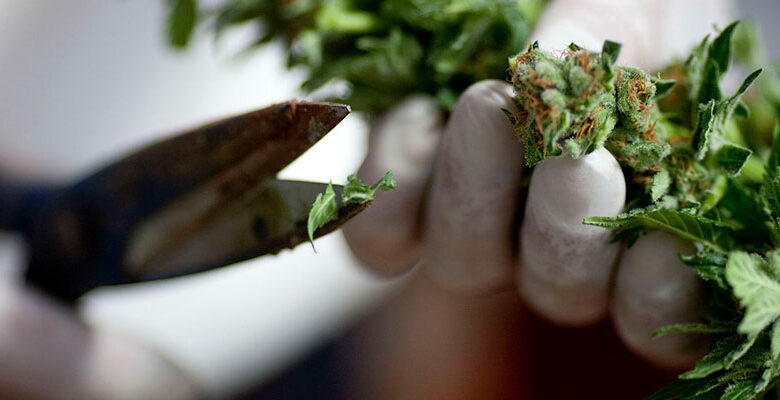Is Marijuana legal in Latin America?

Listen this article
Cannabis consumption has increased over the last two decades changing legal policies. What has happened?

Globally, cannabis use has remained stable since 1998. According to the United Nations Office on Drugs and Crime (UNODC), by 2014 the global population of cannabis consumers was at 3.8 percent which would represent approximately 183 million people.
Marihuana consumption in Latin America is not uniform. While countries such as El Salvador, Honduras, Panama, Bolivia, and Brazil are below 5 percent, Chile and Uruguay report rates of 28 and 17 percent, respectively.
Marijuana is illegal for both recreational and therapeutic use in nations like Bolivia, Cuba, El Salvador, Guatemala, Haiti, Honduras, Nicaragua, Panama, Paraguay, and the Dominican Republic. The remaining countries, like Colombia, Chile and Argentina, allow therapeutic use of marihuana.
However and against all odds, Uruguay announced in 2012 that it would allow the production and distribution of hemp for recreational purposes. The corresponding legislation provided three ways to obtain marihuana: domestic cultivation, social clubs, and authorized pharmacies. Each consumer is allowed only one of the three options, which must be stipulated in their consumer registry before the Institute for Regulation and Control of Cannabis, as well as the acquisition of up to 40 grams per month of the herb.
In the United States, legalization of marijuana for recreational use in states like Colorado and Washington was reflected in consumption increase. Similarly, public health and public safety indicators such as emergency hospitalizations, traffic accidents, and deaths related to cannabis consumption also increased in those places. In contrast, arrests and legal procedures related to marijuana consumption lowered as said by the UNODC, United Nations Office on Drugs and Crime
For the previously mentioned reasons, Latin America still has its doubts when it comes to complete cannabis legalization in the region, a process that will apparently take more time in comparison to other parts of the world.
LatinAmerican Post | Manuela Pulido
Copy edited by Susana Cicchetto




